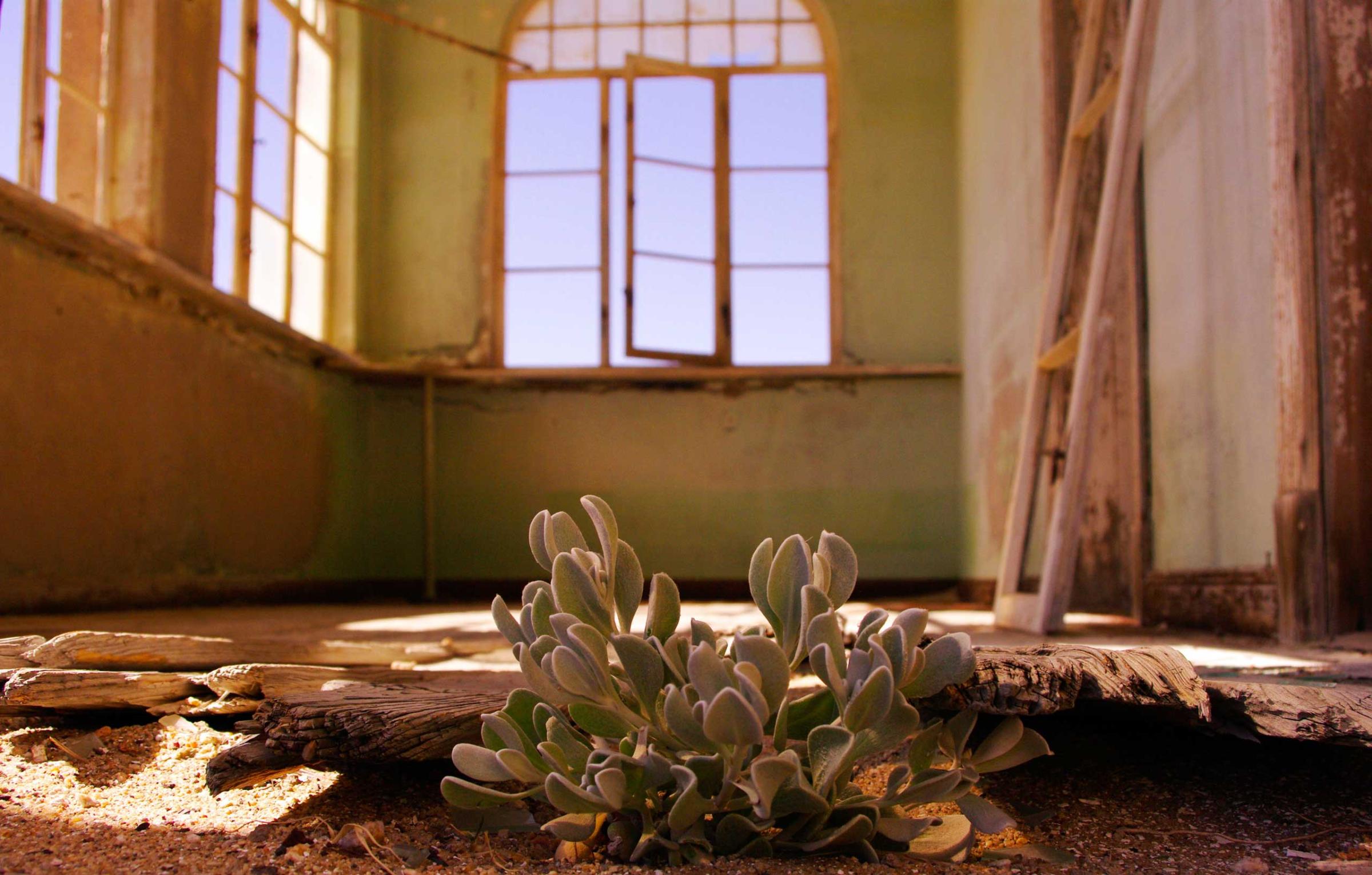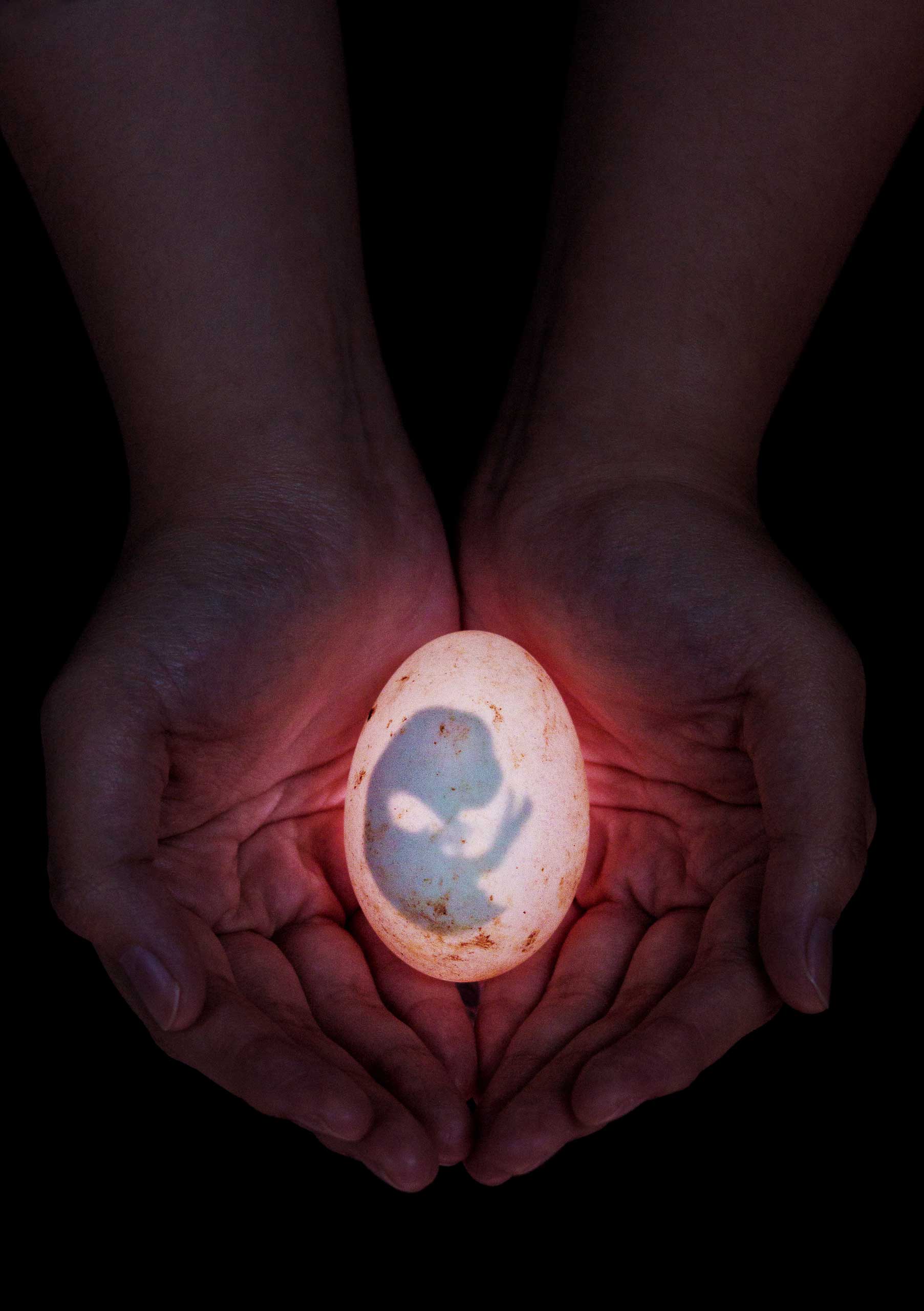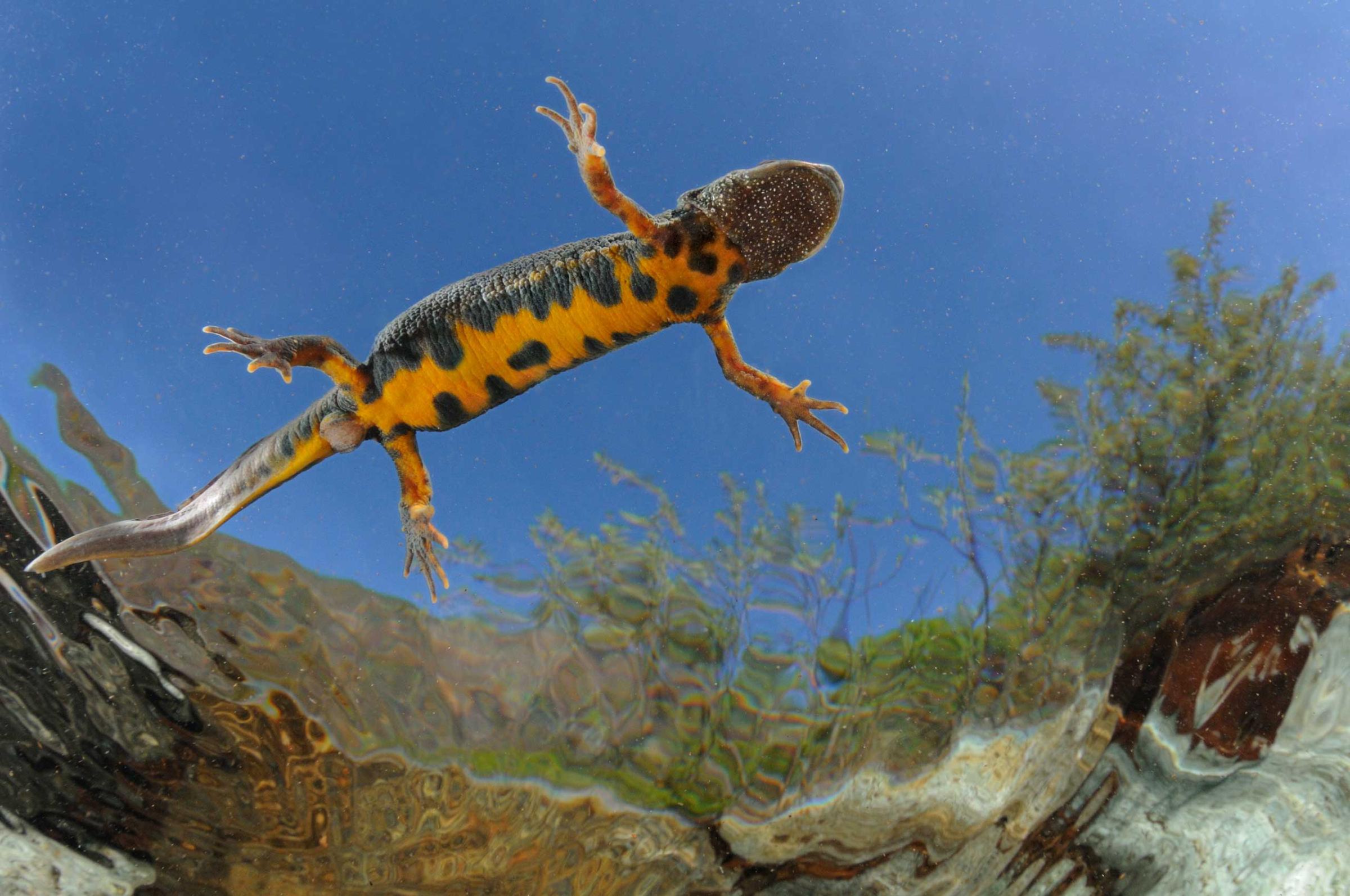Two millennia after a shipwreck off the coast of the Greek island of Antikythera, the site is still yielding treasures that reveal details of life in ancient times.
The wreck was first discovered by sponge divers in 1900 and has yielded fascinating artifacts ever since, including a geared mechanism thought to be the world’s first computer. This month, explorers diving on the site found more than 50 new items, including fragments of glassware and ceramics, a bronze armrest thought to be part of a throne, and a flute made of bone or ivory. Every time divers explore the area, one specialist told the Smithsonian Magazine, they find something remarkable. “It’s like a tractor-trailer truck wrecked on the way to Christie’s auction house for fine art,” he said.
The team hopes to learn from the new trove of relics, possibly even extracting DNA samples from the ceramics, and plans to return to the site in May.
See The Best Biology Photos Of The Year












More Must-Reads from TIME
- Caitlin Clark Is TIME's 2024 Athlete of the Year
- Where Trump 2.0 Will Differ From 1.0
- Is Intermittent Fasting Good or Bad for You?
- The 100 Must-Read Books of 2024
- Column: If Optimism Feels Ridiculous Now, Try Hope
- The Future of Climate Action Is Trade Policy
- FX’s Say Nothing Is the Must-Watch Political Thriller of 2024
- Merle Bombardieri Is Helping People Make the Baby Decision
Contact us at letters@time.com